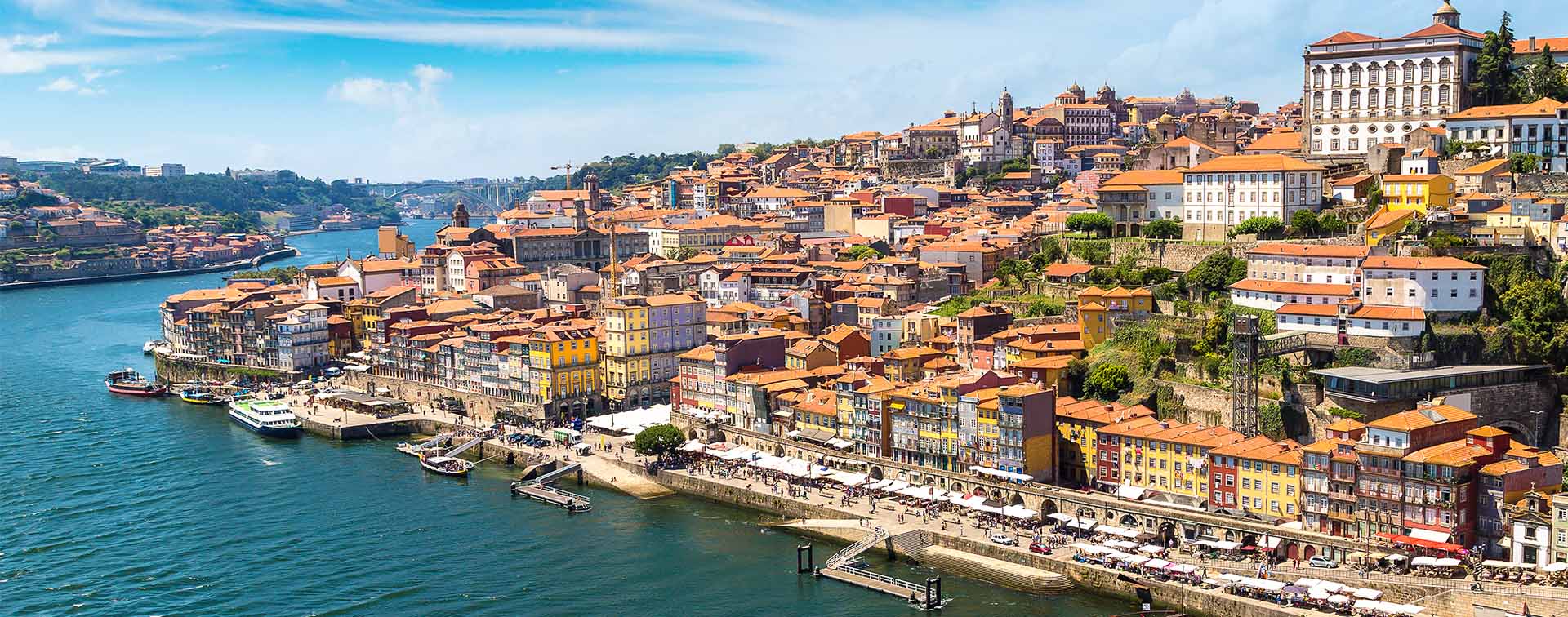
João Mira Gomes is a Senior Manager in Government Advisory at Henley & Partners.
Known for its vast golden beaches and Mediterranean climate, Portugal has hosted one of the most popular residence by investment programs globally for over a decade. However, did you know the country is also considered one of the most crypto friendly destinations in the world?
As of August 2023, transactions made exclusively in cryptocurrencies are tax-free in Portugal. For individual investors, gains made from the purchase and sale of cryptocurrency are tax-free, as long as they are not your main source of income and you have held the tokens for more than 365 days. Companies that provide services related to cryptocurrency are still taxed on capital gains (which is currently between 28% and 35%).
It was only in January 2023 that the Portuguese government put in place specific regulations to tax income sourced from cryptocurrency investments, but these are generally seen as being more favorable than in many other European jurisdictions.

Portugal also boasts various international events linked to cryptocurrencies and blockchain, such as nearcon23, taking place from 7 to 10 November 2023, and the Web Summit, which is being hosted for the seventh consecutive year in the Portuguese capital this year. While not focused solely on cryptocurrency, in past years the Lisbon Web Summit has gathered entrepreneurs, investors, and industry specialists from across the globe to discuss the hottest topics related to web3 and blockchain, as well as politics and social issues. The 2022 edition had more than 70,000 attendees from 160 countries, and more than 1,000 speakers, over 1,000 investors, nearly 2,300 startups, and more than 2,000 media attendees. Key players in the industry, such as Bitcoin, Binance, and Kraken, have been recurring sponsors of and participants at the event. For the 2023 edition, the CEOs of Tezos, Polygon, and eToro — among many others — are already on the speakers’ list.
Portugal also has a few well-known international crypto investors residing within its shores. In 2022, after spending five years living in over 40 countries, Didi Taihuttu, a well-known entrepreneur who staked his family’s entire assets into Bitcoin back in 2017, moved them to Portugal for its tax-friendly approach to cryptocurrency. He was only one among hundreds to have allegedly done so in the past two years. Taihuttu even went a step further and helped create Portugal’s first crypto village in the southern region of the Algarve, which now boasts about 150 crypto supporters. A well-known realtor of luxury properties in Portugal has been quoted as saying that at least 10 luxury homes were sold to “crypto families” in 2022.
In terms of investment migration, the government has announced changes to the Portugal Golden Residence Permit Program that will remove the option for applicants to invest in real estate, but include an option to apply if a contribution is made to the Portuguese economy, via local funds, for example. The changes will only come into effect when the Portuguese Parliament reconfirms the package and the law has been published in the official journal. Once in place, this may open up the possibility for crypto investments in locally sourced crypto wallets, which could add to the country’s attractiveness for crypto entrepreneurs.
Could this be the dawn of the crypto visa in jurisdictions such as Portugal that combine a successful investment migration program with favorable tax regulations for digital assets and a welcoming climate for crypto investors?